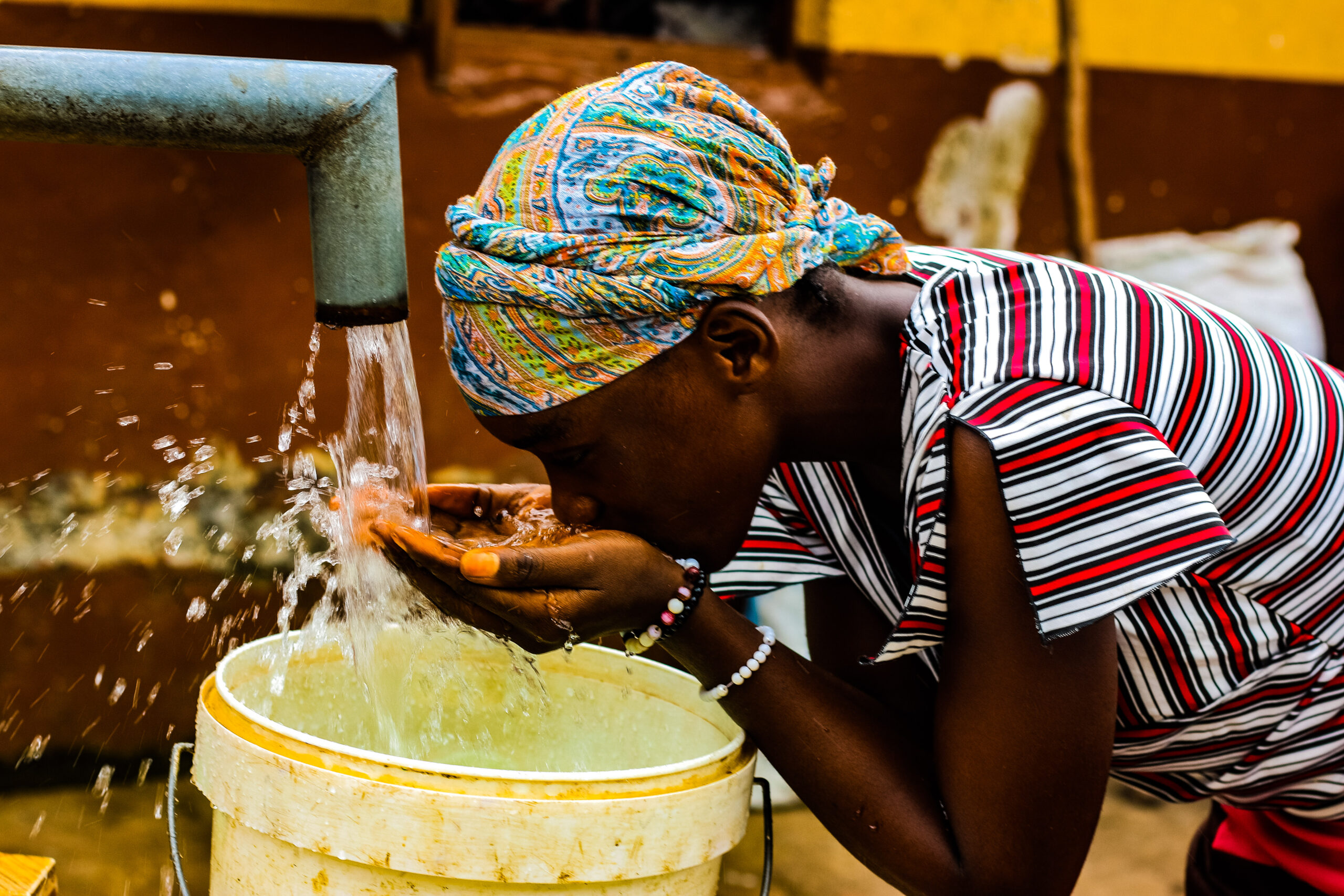
Pipe borne water is still a dream for residents of Calaba Town, so citizens have developed alternative ways to get water; some risky, others require hard labor, and others still create toxic plastic waste and harms the environment. But way wata noh day, wetin you expect people foh do?

Searching for water
Calaba Town is a community that is located in the Western Rural District Constituency 114 in between Allen Town and Old Wharf. According to the last Election Voter Register the current population of Calaba Town and its surrounding areas is 63,703.
Guma Valley Water Company is the government parastatal that is to supply water to residents. Like other places on the outside of Freetown City, water from Guma does not to Calaba Town.
This is how residents cope.
Well, we all know one cannot live without using water daily because there is cooking, cleaning, laundry, bathing, and of course drinking to be done.

HAND DUG WELLS
This was the first step they took to help combat the water problems in the community. A hand-dug well is a type of water that is constructed using only simple hand tools like shovels, pickax or backhoes, and it is usually about 10-30 feet deep.

Fetching water from a hand-dug well
Nearly eighty percent of homes have hand-dug wells in their compounds. This system was first initiated by a few families so as to combat the struggle for water supply. When people saw that it was a great idea that worked for others, many decided to follow suit.
Moreover, the community is on a flat geographical location which makes it easy for water flow immediately a well is dug. This hand-dug well system has been a source of income for many in the community.
The water is fresh and many people drink from it, but it is not pure/safe for drinking; it is only suitable for domestic chores. Wells also have their cons.
Children have drowned in them while trying to draw water out with a rope and a bucket. Also, those who don’t know that the water is unsafe to suffer from many water-borne diseases.
BOREHOLE HAND PUMPS
The second option they found out was the creation of borehole hand pumps. These pumps are operated with human power and mechanical advantage to move the water out. It can be installed on boreholes or hand-dug wells.

Borehole Hand-pump
Being that the hand-dug well water is not safe, some Humanitarian organizations have over the years assisted the community with borehole hand pumps. Organizations like Action Contra La Faim (ACF) a non-governmental organization that helps fight against Hunger, Nutrition, Health, Food Security, and water sanitation projects, installed modernized borehole hand pumps for water supply. Families who are also financially averaged, built borehole hand pumps for their homes. This is safer for kids, as they won’t fall over the well.
Nevertheless, even though the water source is not a hundred percent pure, some people drink from it with the confidence that it is not exposed to dirt or germs because it is properly sealed. Although this source is encouraging, the process of getting the water out requires a lot of energy because you will need to pull the hand of the pump up and down vigorously for water to come out.
SURROUNDING SEA/STREAMS
Calaba Town is a community that has surrounding streams and a sea where fishing and waste dumping takes place. People who live close to the sea and have toilets with pipes, usually connect them right down the sea for easy disposal of wastes.

Stream
The streams serve as washing and laundry site for many, it makes laundry easier since there is plenty of water to use. Children play, wash and swim there as well.
WATER SACHETS
For additional safety in terms of pure drinking water, the average people who can afford to buy pure water usually buy sachet water from selling vehicles for drinking. It is costly when calculated for a whole year, but what else would one do? The community people have no choice but to buy sachet water for safe water drinking, and prevent themselves from water-borne diseases.

Woman with a bundle of water on her head
These empty water sachets are also contributing to the sanitary problems in the country because there is no provision for recycling hence accumulating dirt in different areas.
Buying sachet water every week/monthly is very expensive, considering what one will spend for the whole year in buying drinking water. Since there is no recycling company in sierra Leone for sachets, what people mostly do is to gather them in a huge net, when they finally get the amount they need then it is being carried to neighboring countries for recycling in exchange for other goods.

Even though the people in the interior parts of Sierra Leone think that every community in Freetown has access and enjoys a good water supply from Guma valley water Company; it is just a sad reality that the Calaba town community being a part of Freetown is still suffering from the pure water supply.
These are so far some of the ways the people in calaba town adjust to life without benefiting from GUMA. And they are still wishing that they too get to enjoy pure/safe drinking water in their communities, so they don’t feel deprived forever.
1 comment
Leave a reply
You must be logged in to post a comment.



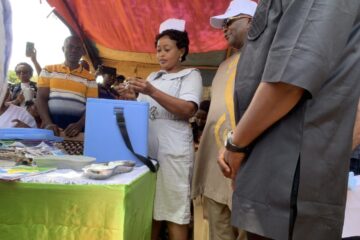
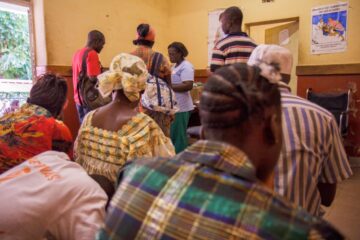
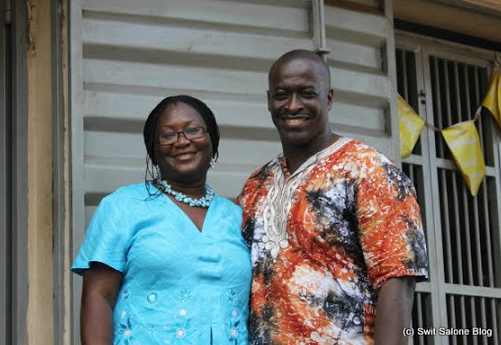

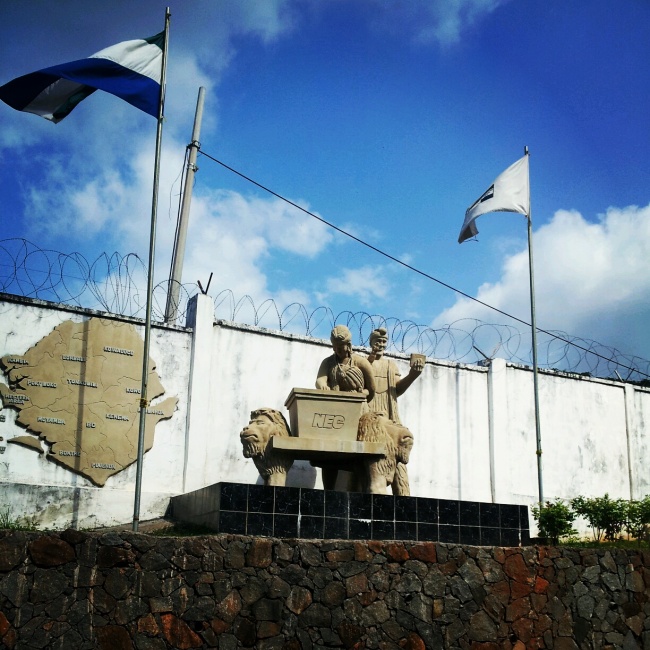





天气越来越冷了,躲在家里刷刷博客也挺好!